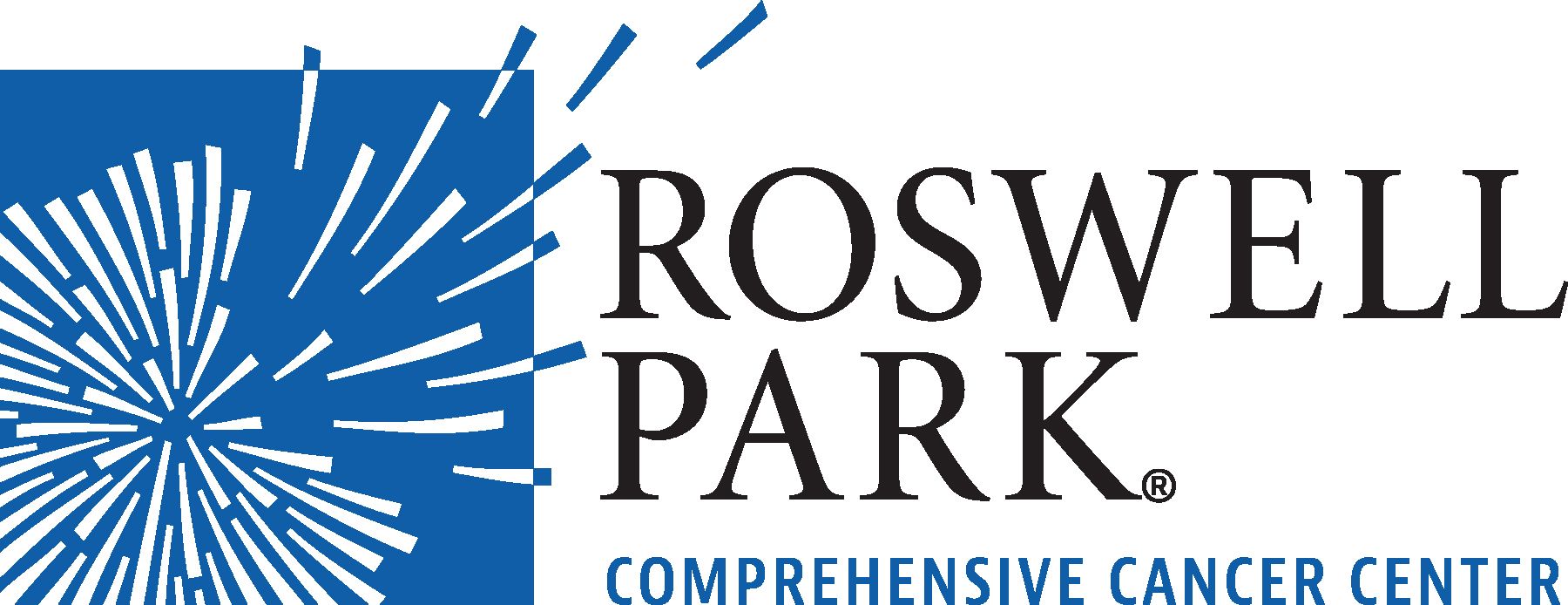
- Vol. 18/No. 07
- Volume 18
- Issue 7
Epigenetic Studies May Unlock Clues to Gene Mutations

Researchers at Roswell Park Cancer Institute are formalizing their epigenetics program across dozens of disease research groups, with the goal of understanding what changes in the epigenome lead to cancer and identifying targeted, personalized ways to address these changes.
Joyce Ohm, PhD
Associate Professor, Oncology
Department of Cancer Genetics
Roswell Park Cancer Institute
Epigenetics, the study of heritable changes in gene expression, is a new and emerging field that is revolutionizing the way oncologists diagnose and treat cancer. Epigenetic changes are one of the primary ways we respond to environmental influences throughout our lives. These changes mark instances where cells not only produce a particular signal in response to external cues but also lock that signal in so that it can be used again, even in future generations.
We are still learning about how environmental and social factors produce epigenetic changes that can be observed at the cellular level. Normal epigenetic regulation plays an essential role in development, whereas abnormal epigenetic changes can accumulate over a lifetime, and are thought to be a key factor in human diseases, including cancer.
Early work in epigenetics was done in studies of identical twins, investigating how individuals with an identical genome could develop different traits and disease risks. The idea emerged that our life course is influenced not only by our genes but also by our epigenome— the record of cellular changes that guide the actions of other cells. It appears that even the social environment in which you are raised can produce epigenetic changes. Were you faced with difficult challenges growing up that may have added a great deal of stress to your life? Did you have enough food to eat? All these factors play a role in regulating the cells in your body through your epigenome.
We are just starting to learn how traits are passed down to offspring through the epigenome and the real consequences of this exchange. The earliest studies on the heritability of epigenetic changes come from the Dutch, who were fastidious about keeping records related to the Hunger Winter of 1944—1945. These studies showed that if a woman was pregnant during a famine, her grandchildren’s risk of developing heart disease, obesity, and diabetes was altered. This tells us that the body finds ways to adapt to environmental challenges and that these epigenetic changes have consequences not only for ourselves but also for our children and their children.
We are now learning how to reverse epigenetic changes that affect the risk of diseases such as diabetes or cancer using epigenetic therapies, a development with exciting implications for healthcare and particularly clinical oncology. At Roswell Park Cancer Institute in Buffalo, New York, we are studying how some of these therapies can be used to treat multiple cancer types, including ovarian and bladder cancers, and are continuously increasing our knowledge of the molecular mechanisms by which family history and environmental exposure contribute to tumor initiation and progression. This is a very exciting time in the epigenetics field.
Implications for Oncology
The number of potential applications of epigenetic modifications and treatment is tremendous. The more we learn, the more we understand the ways in which epigenetic changes occur and how we can modulate or reverse those changes. This is important for research and treatment of not only cancer but also virtually any human disease that has a heritable component, because anything that tends to run in a family almost certainly has an epigenetic component.The study of epigenetics will most likely play 3 important roles in cancer treatment. First, it is expected to yield biomarkers that can help identify patients who will respond to treatment based on their epigenome. Second, as we gain a better understanding of how epigenetic changes occur, we can begin to implement disease-prevention strategies, because there are enough data to suggest that a healthy lifestyle can have a positive effect on health for many generations. Third, we can use the epigenome to enhance existing therapies or overcome resistance in patients who do not respond to a given therapy.
Significant efforts are being directed at developing epigenetic biomarkers that may be useful for disease prognosis or treatment selection, and efficient strategies for patient stratification are needed so that we can identify patients who might benefit the most from epigenetic-targeted therapies.
The 2 main classes of epigenetic drugs currently in use at Roswell Park are DNA-demethylating agents and histone deacetylase inhibitors. Although these drugs are sometimes used as single agents, results have been mixed. However, when used in combination with chemotherapy or immunotherapy, they may improve a patient’s response to treatment or help overcome resistance to standard regimens. These drugs have already become a part of standard care in the treatment of blood cancers such as leukemia, lymphoma, and myelodysplastic syndrome. We need to focus additional attention on understanding how epigenetic drugs may be used in combination with existing therapies, since this represents the greatest potential for epigenetics in the immediate future.
At Roswell Park, we are formalizing our epigenetics program across dozens of disease research groups, with the goal of understanding what changes in the epigenome lead to cancer and identifying targeted, personalized ways to address these changes. It is exciting and incredibly motivating to work in an area where we have the potential to develop approaches that may possibly benefit patients in the immediate future.
Articles in this issue
almost 9 years ago
Liquid Biopsy Testing Detects Recurrence in High-Risk NSCLCalmost 9 years ago
Beyond Myeloma: New Roles for IMiDsalmost 9 years ago
Tailoring Therapy for HR-Positive Breast Canceralmost 9 years ago
RCC Advances Shake Up Drug Choicesalmost 9 years ago
Caught up in Change





































